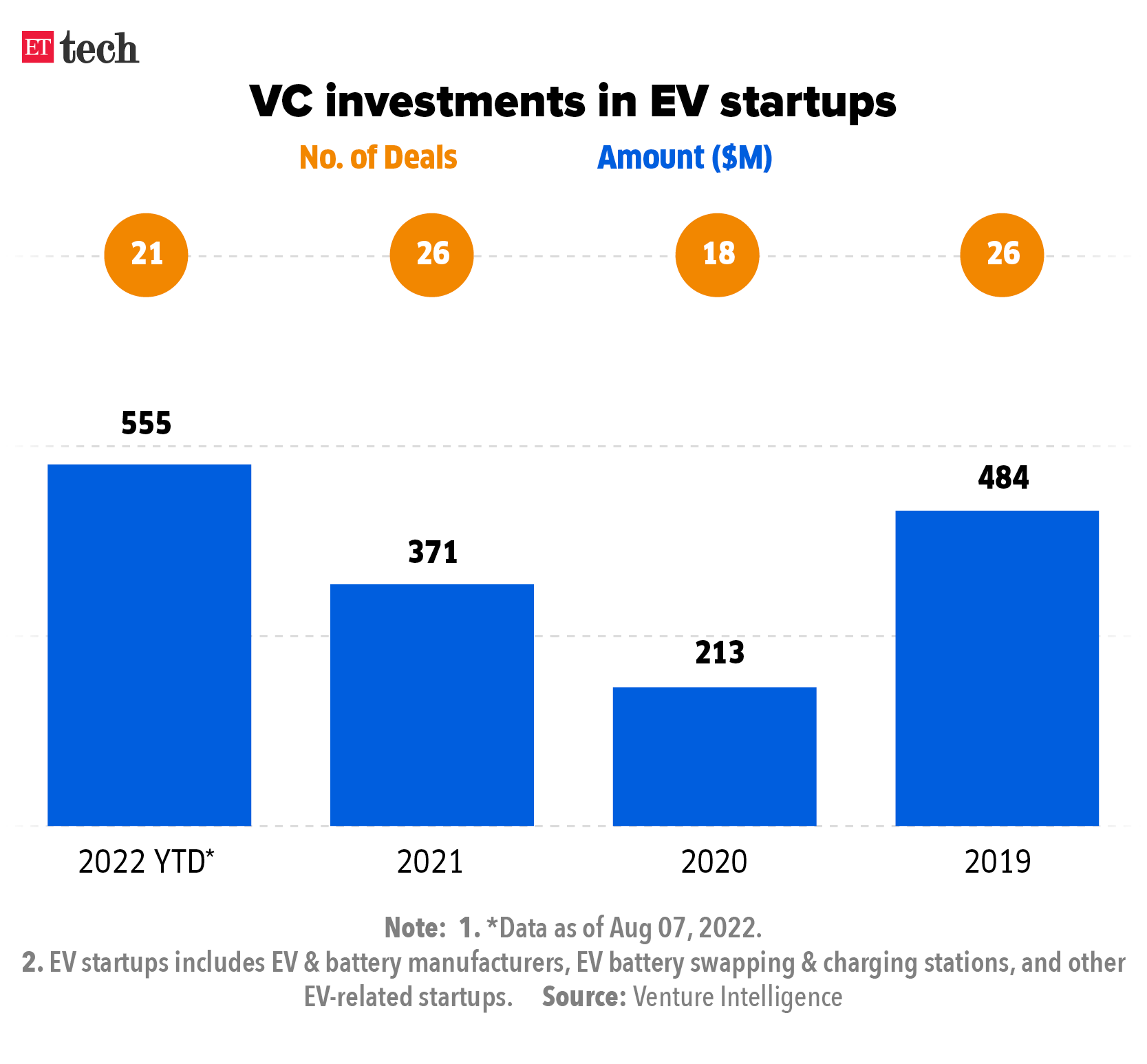Also in this letter:
■ Big VC funds turn bullish on EV startups amid funding slowdown
■ Global news media startup Semafor open to India partner for local edition
■ Mitigate risk before taking IPO route, says Kris Gopalakrishnan
SBM Bank bars fintechs from onboarding new users

State Bank of Mauritius (SBM) India, one of the most active partner banks for fintech firms, has told its card-fintech partners to immediately stop onboarding new users for its co-branded credit prepaid card product.
This has impacted several startups in the space, including Slice, Uni and LazyPay.
“They (SBM) have sent out a note on new user additions. They are quite apprehensive following the RBI guidelines last week but there are meetings lined up with the bank later this week. For now, the note talks about pausing onboarding of new users,” one person who was briefed on the matter said.

RBI guidelines: The development comes after the Reserve Bank of India (RBI) released digital lending guidelines last week.
Under the new rules, all loan disbursals and repayments should be executed between the bank account of the borrower and the regulated entity.
Industry sources said there was no clarity yet as to what happens to existing users of prepaid card users such as Slice but that a clear picture can emerge following a proposed meeting later this week.
Last bank standing: We reported on June 23 that SBM was one of the only banks to have continued support for the card-fintech industry after the RBI sent a communication to industry stakeholders to stop prepaid payment instruments (PPIs) from being loaded through credit lines.
Prepaid cards issued by the likes of Slice, Uni and LazyPay had slid below the 100,000-mark after the RBI barred the industry from loading credit lines onto wallets and other such prepaid payment instruments (PPIs), we wrote on July 19.
Big VC funds turn bullish on EV startups amid funding slowdown

Mainstream venture capital (VC) funds have increasingly deployed funds in the electric mobility space even as financing in the wider startup ecosystem has witnessed a slowdown over the past few months.
Lightspeed Venture Partners announced its maiden bet on an electric vehicle (EV) startup by leading a $13 million funding round in Bengaluru-based fast charging startup Exponent Energy on July 17.
In June, battery swapping startup Battery Smart said it had picked up $25 million led by New York-based investment firm Tiger Global, with participation from Blume Ventures and Orios Ventures.

This was Tiger Global’s third investment in the EV sector after having backed Ather Energy in 2016 as well as Ola Electric in March 2019.
VCs have traditionally stayed away from EV companies as they are not scalable like startups building software, fintech or consumer technology platforms.
This is more evident in the vehicle manufacturing business as startups not only compete against well-funded players like Ola Electric and Ather Energy, but also traditional automotive companies.
But that is changing as EV startups are raising more money than ever before.
According to data from startup industry tracker Venture Intelligence, the quantum of investments in EV companies in India has already touched $555 million this year compared to $371 million in 2021.
In comparison, funding in domestic startups dipped 37% in the second quarter of this year to $6.9 billion, ET reported on July 5.
Global news media startup Semafor open to India partner for local edition

Justin SmithIn January, former Bloomberg Media chief executive Justin Smith said he was leaving his high-profile job to launch a news startup that would serve “unbiased journalism” to a global audience.
Seven months later, the media venture – Semafor – has racked up $25 million in seed funding and has hired more than 35 high-profile journalists, business executives, product and technology
professionals.
What’s happening? Semafor has ambitious plans undeterred by the onslaught faced by most digital media businesses due to tech giants Google and Facebook cornering most of the ad dollars. Instead, the startup will double down on hiring, bulk up its team size to 70 by October when it goes live, unaffected by macroeconomic headwinds that have led to job cuts and a significant slowdown across businesses globally.
India edition’s coming? Semafor is looking to strike partnerships in India to enter with a local edition sometime soon, Smith told ET in a chat while on a visit to Mumbai recently. Indian regulations do not permit international publications to run independently due to foreign direct investment (FDI) restrictions. “An Indian edition is very much our plan over time, and we look forward to partnering with a media company here to pursue that opportunity together,” Smith said.
TWEET OF THE DAY
Mitigate risk before taking IPO route, says Kris Gopalakrishnan

S (Kris) Gopalakrishnan
The Indian startup ecosystem, faced with a funding crunch and undertaking layoffs, is going through a “challenging period”, said S (Kris) Gopalakrishnan, Infosys cofounder and chairperson of Axilor Ventures, a fund that backs early-stage startups.
In an interview, Gopalakrishnan also welcomed the government’s decision to take a relook at the Personal Data Protection Bill and spoke on a range of other issues. Here are some edited excerpts:
You have always favoured startups going in for IPOs, but there are too few winners for retail investors right now.
[Startups] should think about an IPO only in cases where the risks are mitigated to a great extent. Only if you have complete business visibility for three years – from a revenue and profitability perspective – should you venture into the IPO stage.
What is your take on the startup funding winter?
These are cycles in the economy. We are going through a challenging period because of Covid-19, the Ukraine-Russia war and inflation. I’m not worried about it.
IT companies delay offer rollouts amid recession worries

Amid concerns over a macroeconomic slowdown, fewer IT employees are juggling multiple job offers and the rejection rates of offers on hand have gone down as well, experts said.
This comes after Big Tech companies like Google, Amazon, Microsoft and Apple also indicated a pause in their hiring plans.
Consequently, IT service companies are taking on board more employees, after the onboarding rates had dipped to around 44% in the January-May period.
In the June quarter, the rates have stabilised to around 58% for mid-level employees, according to data from HanDigital Solutions, an IT-BPM recruitment research firm.
Other Top Stories By Our Reporters

Flipkart’s venture arm to back six startups: Flipkart Ventures, the venture capital arm of Flipkart, will back six startups under its accelerator programme, Flipkart Leap Ahead, as it looks to expand its startup investments and take on rival Amazon.
Tiger Global leads fresh funding in Jar: Jar, a fintech app for savings, said it has raised $22.6 million in its Series B funding round led by existing investor Tiger Global at a valuation of $300 million.
India drives Google Play: After being a top downloader of apps, India will soon become the number one country for app development as well, Aditya Swamy, director, Play partnerships, Google India, told ET in an interview.
Global Picks We Are Reading
■ Ethereum’s ‘merge’ is a big deal for crypto — and the Planet (Wired)
■ How to stop auto-correct from ducking up (The Washington Post)
■ Americans spent more time streaming than watching cable TV in July — a first (WSJ)
Credit: Source link


Comments are closed.